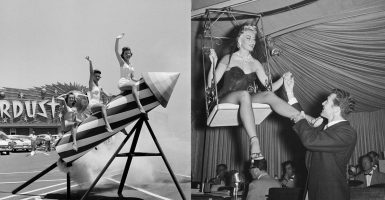Civilians Who Risked Their Lives During World War II
World War II is often remembered for its epic battles and charismatic leaders, but behind the scenes, countless civilians played crucial roles. These unsung heroes were everyday people who displayed extraordinary bravery and determination. From secret networks to daring acts of defiance, their stories deserve to be shared. As we delve into their world, we’ll uncover tales of courage that illuminate the human spirit during one of history’s darkest times.
The Hidden Resistance Networks Across Europe
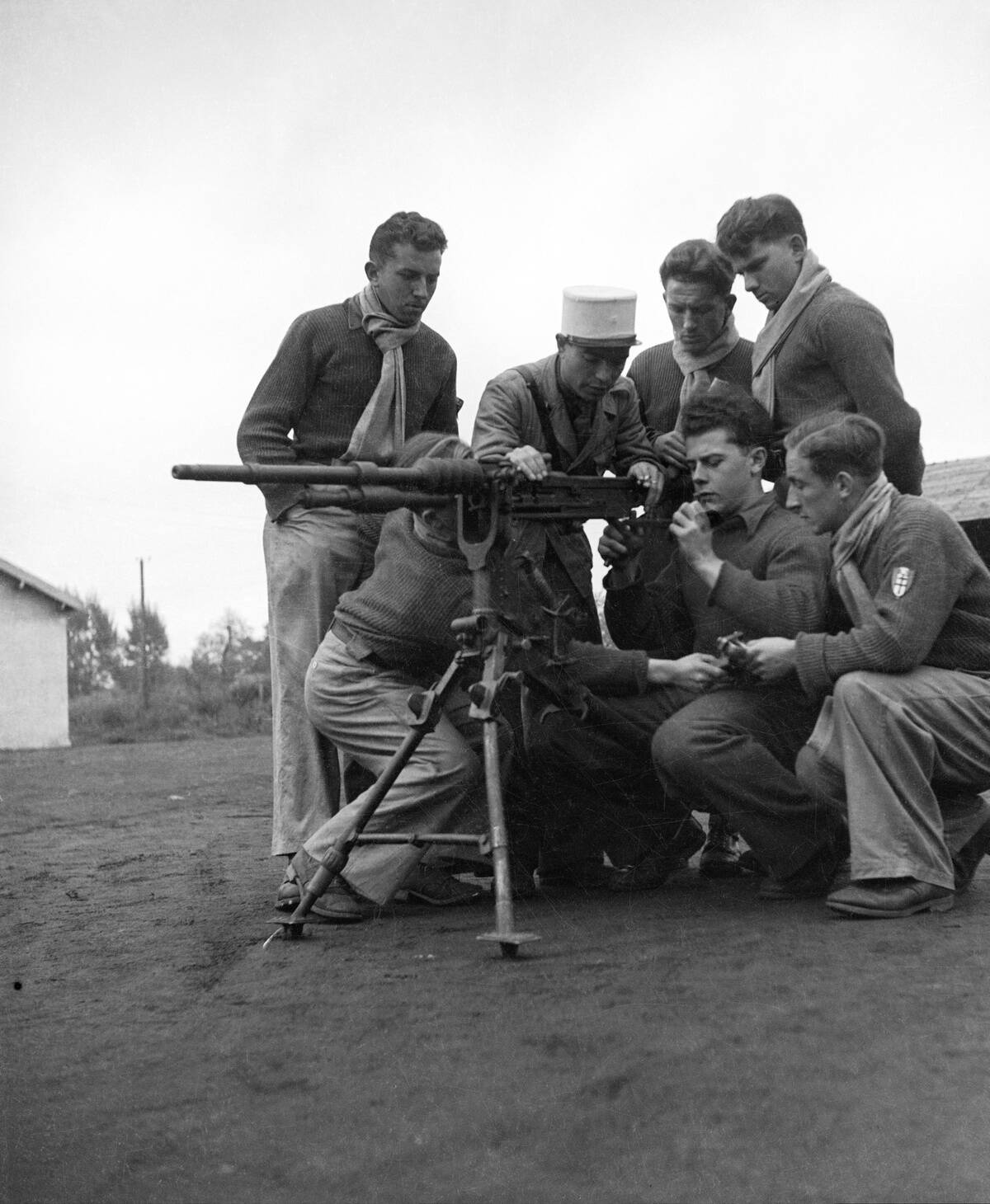
Resistance networks were the lifeline of occupied Europe, operating in secrecy to thwart enemy plans. These clandestine groups communicated through coded messages and hidden routes, often right under the noses of their oppressors.
Members came from all walks of life, bound by a shared commitment to freedom. Their coordinated efforts were instrumental in gathering intelligence, sabotaging infrastructure, and aiding the escape of persecuted individuals, demonstrating the power of collective action.
Women Spies: The Brave Female Operatives of WWII
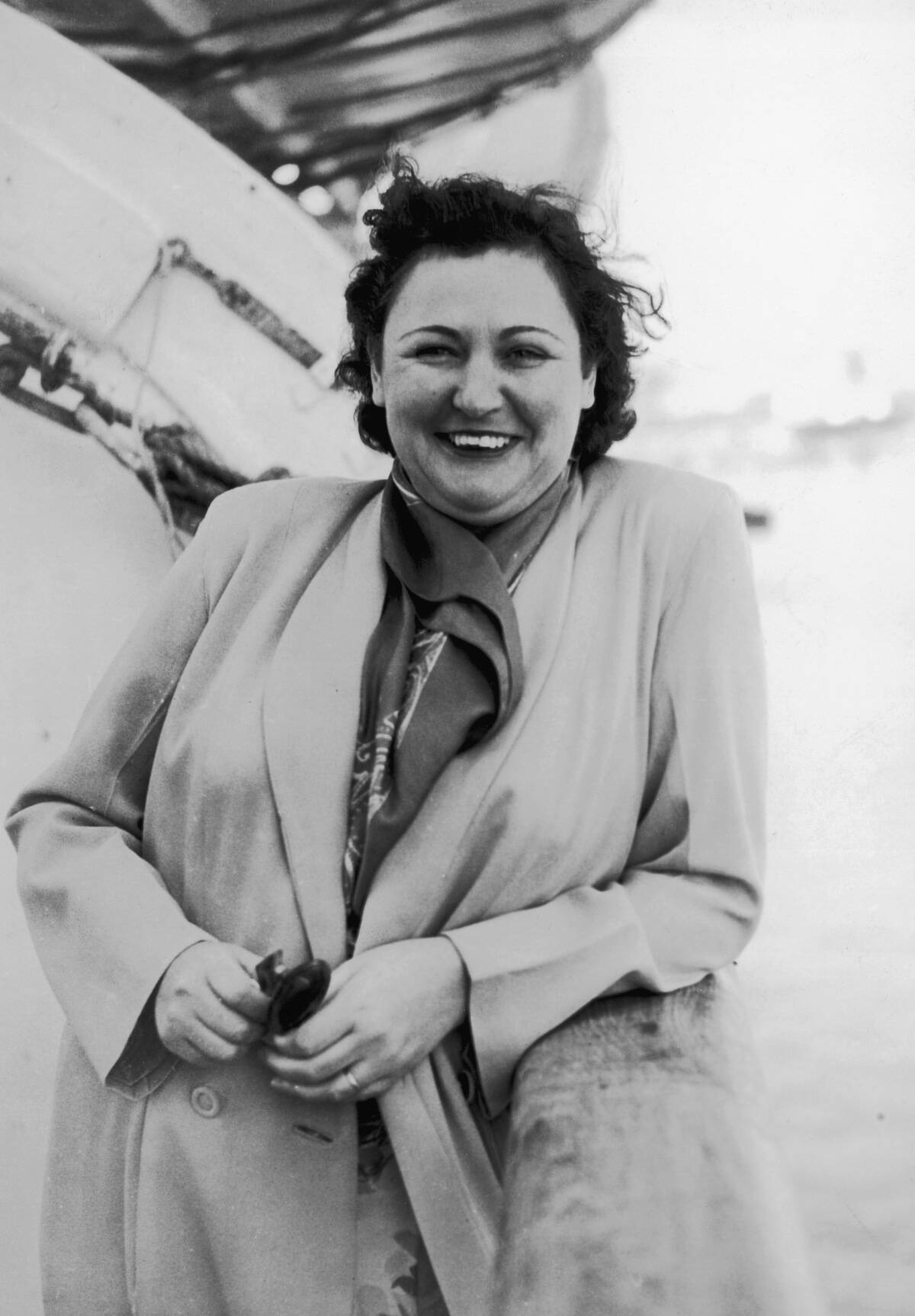
Women played a crucial role in espionage during World War II, often going unnoticed by enemy forces. Figures like Virginia Hall, who worked with the British Special Operations Executive, and Nancy Wake, the ‘White Mouse’ (pictured), were instrumental in gathering intelligence and coordinating resistance efforts.
Their ability to blend in and outsmart adversaries made them invaluable assets. These women navigated dangerous landscapes with courage and cunning, paving the way for future generations of female operatives.
The Story of Oskar Schindler: A Businessman with a Conscience
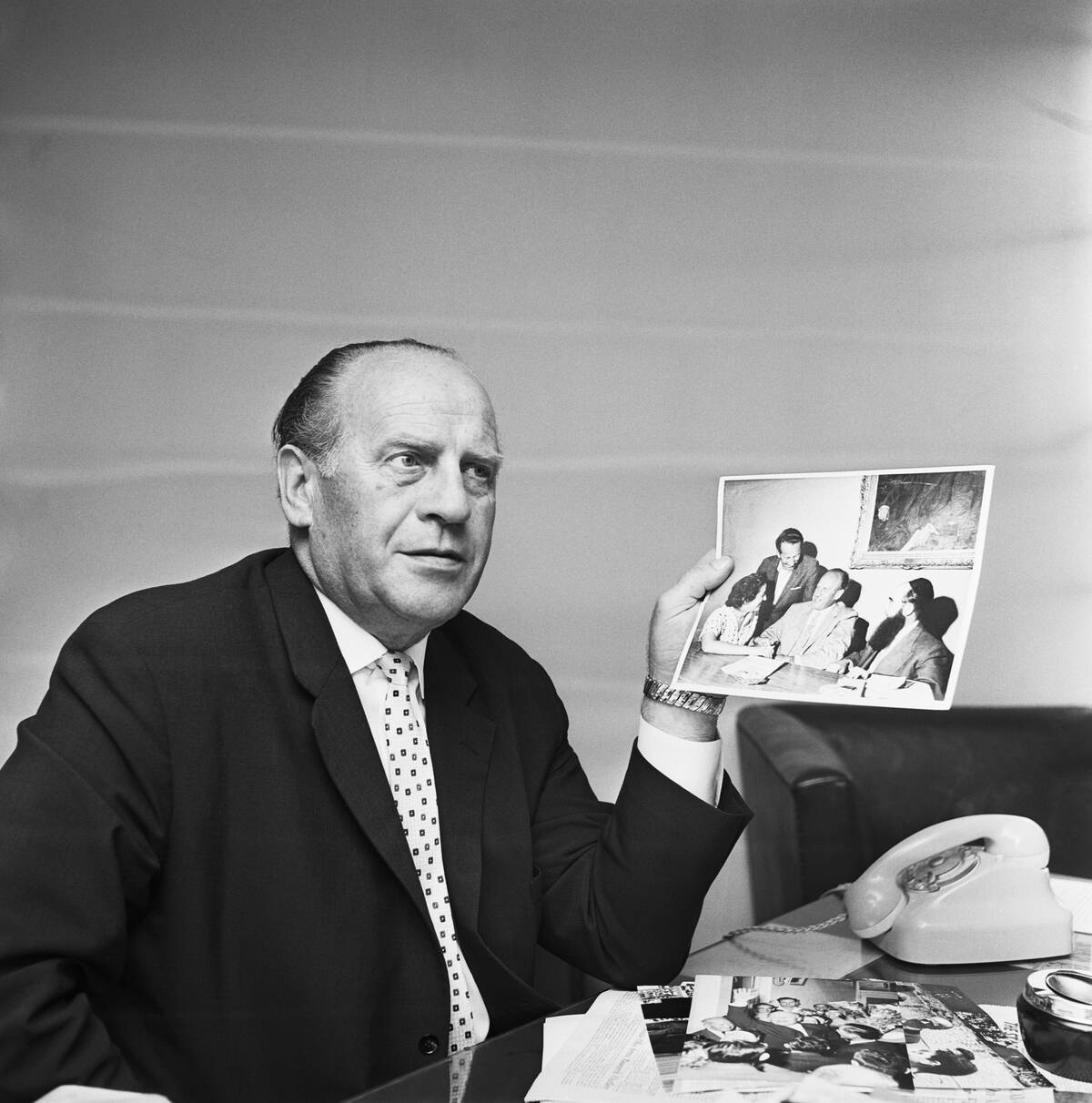
Oskar Schindler, a German industrialist, is remembered for his extraordinary efforts to save Jewish workers from the Holocaust. Initially motivated by profit, Schindler’s perspective shifted as he witnessed the horrors of the Nazi regime.
By employing Jews in his factories and shielding them from deportation, he saved over a thousand lives. His story is a testament to the impact of individual actions and the capacity for change in the face of moral dilemmas.
The White Rose Movement: Students Standing Against Tyranny

The White Rose was a student-led resistance group in Nazi Germany, advocating for non-violent opposition to the regime. Led by siblings Hans and Sophie Scholl, the group distributed leaflets condemning Nazi atrocities and calling for active resistance.
Despite the risks, these young activists refused to stay silent, ultimately paying with their lives. Their legacy is a powerful reminder of the impact of youth activism and the enduring fight for justice.
Raoul Wallenberg: The Diplomat Who Saved Thousands
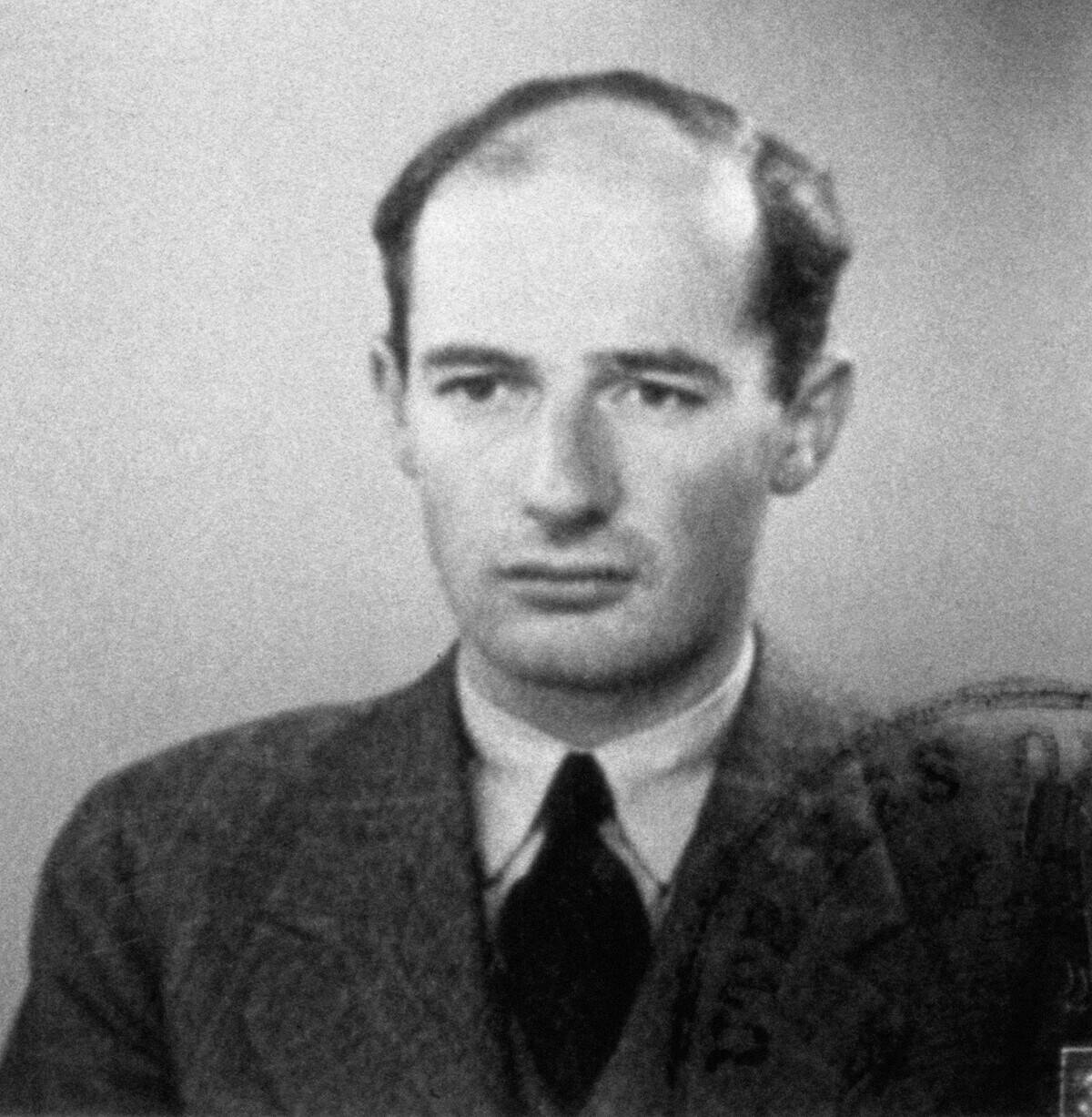
Swedish diplomat Raoul Wallenberg is celebrated for his courageous efforts to save Hungarian Jews during the Holocaust. Armed with little more than diplomatic credentials and unyielding determination, Wallenberg issued protective passports and provided safe houses.
His actions saved thousands from deportation to concentration camps. Wallenberg’s story is a poignant example of how diplomatic ingenuity and personal bravery can make a profound difference in times of crisis.
The Courageous Courier: Jan Karski’s Secret Missions
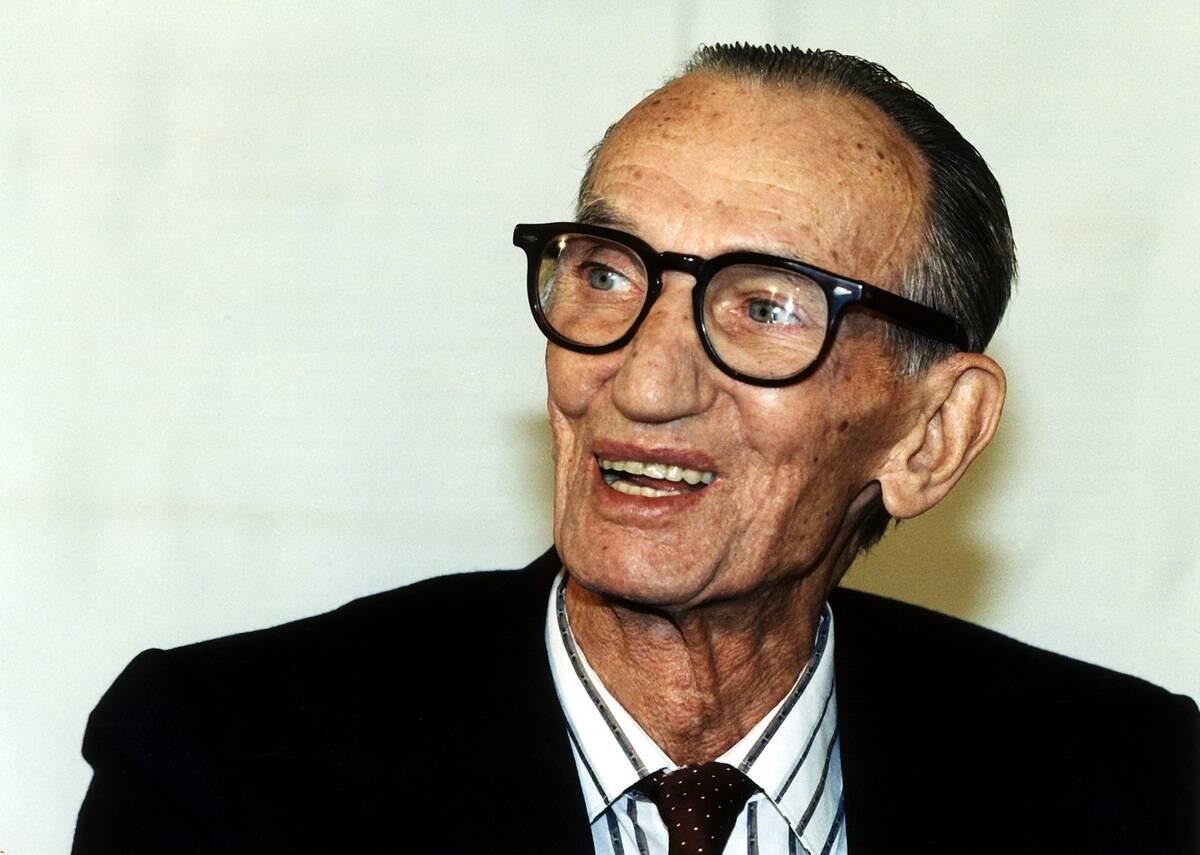
Jan Karski was a Polish resistance fighter who undertook perilous missions to deliver reports on Nazi atrocities to the Allied forces. His firsthand accounts of the Warsaw Ghetto and concentration camps provided crucial evidence of the Holocaust.
Despite the risks, Karski’s dedication to revealing the truth was unwavering. His work underscored the importance of eyewitness testimony and the role of couriers in bridging the gap between occupied Europe and the free world.
The Power of the Press: Journalists Who Defied Censorship
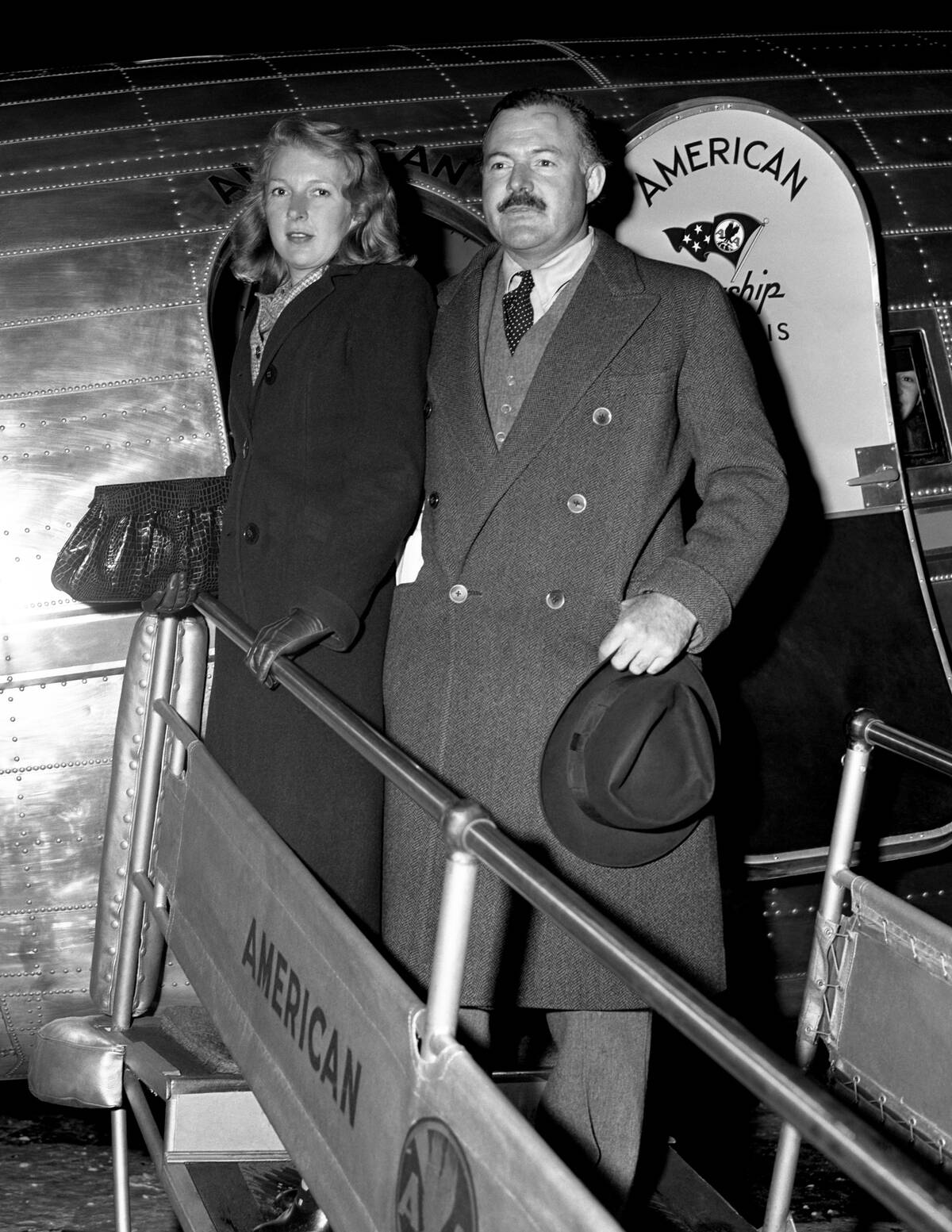
During WWII, journalists played a vital role in countering propaganda and censorship imposed by totalitarian regimes. Brave correspondents risked their lives to report the truth, smuggling stories out of occupied territories and exposing the realities of war.
Figures like Ernest Hemingway and Martha Gellhorn provided firsthand accounts that shaped public perception and influenced policy. Their unwavering commitment to journalistic integrity highlighted the power of the press in holding power to account.
The Secret Libraries of the Ghettos: Keeping Knowledge Alive

In the ghettos of Nazi-occupied Europe, secret libraries emerged as beacons of hope. These clandestine collections preserved literature and education for those trapped within the walls. Despite the dire circumstances, dedicated individuals risked their lives to gather books, ensuring that knowledge and culture survived.
These libraries became sanctuaries of intellectual freedom, fostering resilience and resistance against the forces of oppression. Their existence is a testament to the enduring power of knowledge.
The Kindertransport: Ordinary Families Offering Extraordinary Help
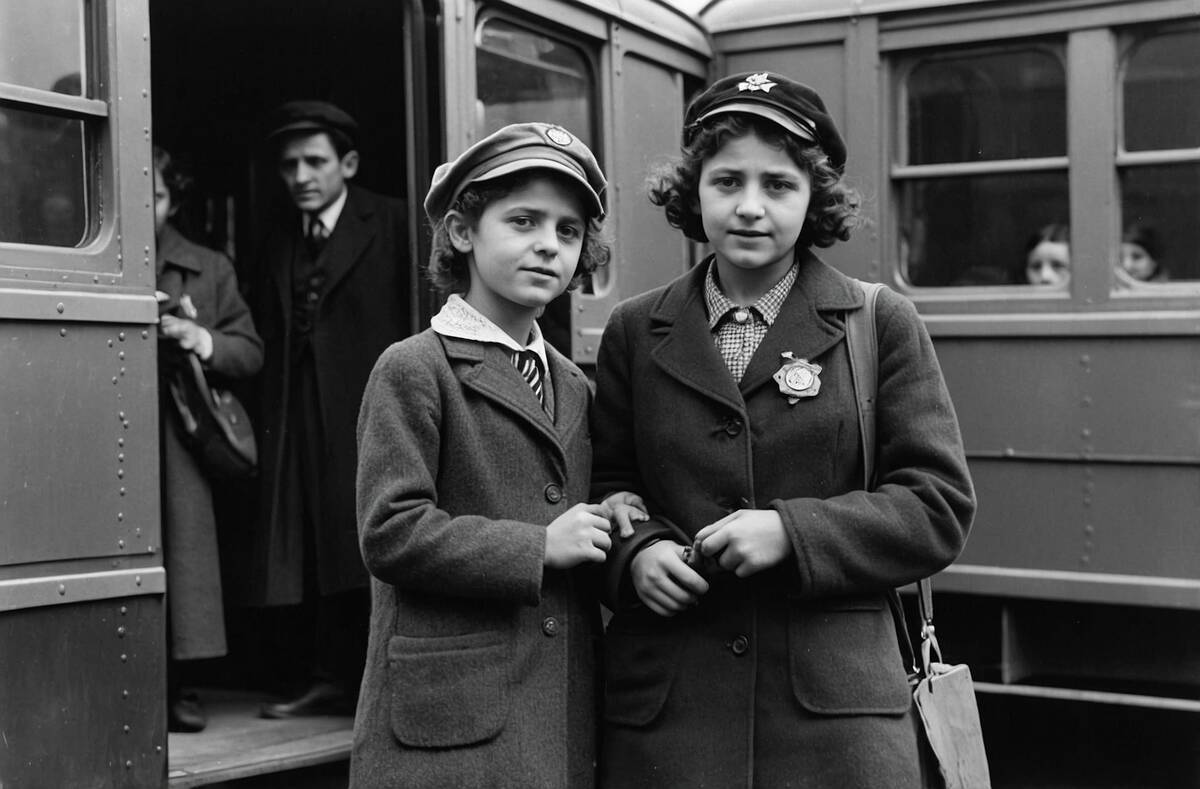
The Kindertransport was a remarkable rescue effort that saved nearly 10,000 Jewish children from Nazi Germany. Organized by British and Jewish organizations, it involved transporting children to safety in the UK.
Ordinary families opened their homes, providing shelter and care to these young refugees. The Kindertransport is a poignant example of compassion and solidarity, highlighting the profound impact of collective humanitarian efforts in the face of adversity.
Japanese-American Internment Protesters: Fighting Injustice at Home
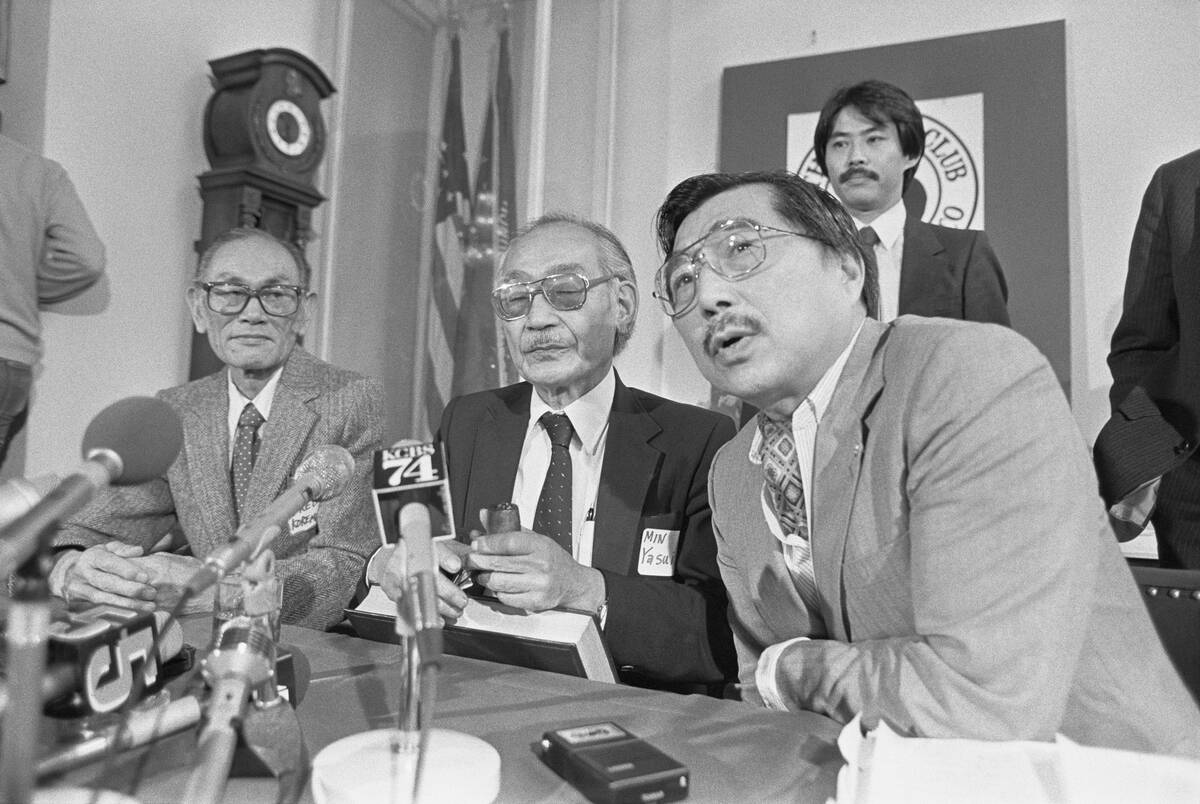
During WWII, Japanese-Americans faced internment in camps, but some courageously resisted this injustice. Figures like Fred Korematsu challenged the legality of internment, bringing their cases to the U.S. Supreme Court.
Their protests highlighted the tension between national security and civil liberties, sparking debates that resonate today. These individuals’ bravery in standing up to discrimination and injustice serves as a powerful reminder of the ongoing struggle for civil rights.
The Dutch Resistance: Creative Sabotage and Safe Havens

The Dutch Resistance was renowned for its ingenuity, employing creative tactics to undermine Nazi operations. From forging identity papers to organizing the famous railway strike of 1944, their actions were instrumental in disrupting enemy plans.
The resistance also provided safe havens for Jews and Allied soldiers, showcasing a network of solidarity and courage. Their efforts exemplify the power of innovation and community in the fight against oppression, leaving a lasting legacy of resilience.
The Italian Partisans: Guerrilla Warfare from the Shadows
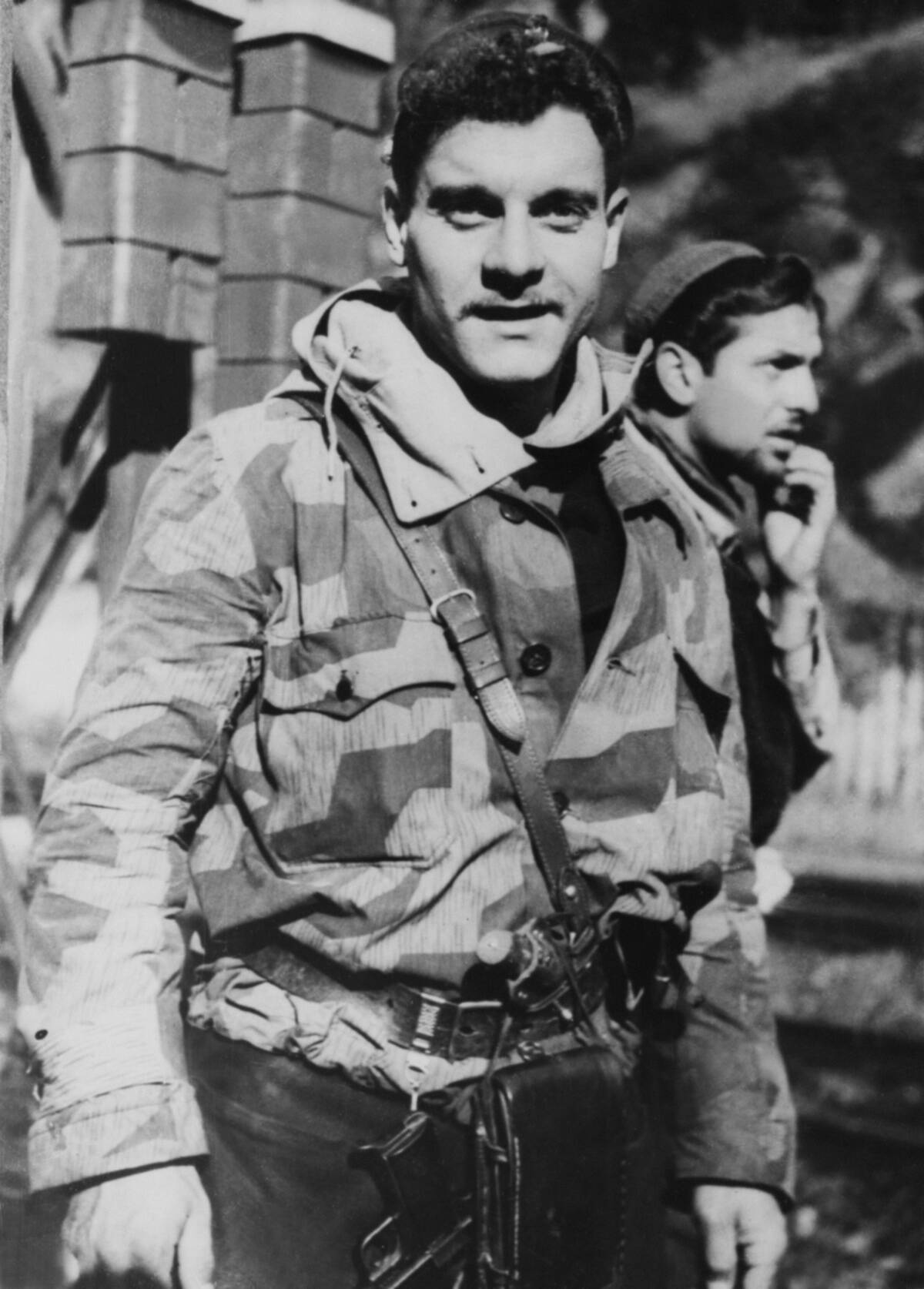
The Italian Partisans were a diverse group of fighters who waged guerrilla warfare against Axis forces. Operating in the mountainous terrain, they carried out ambushes and sabotage missions, weakening enemy positions.
Their ranks included men and women from all walks of life, united by a shared goal of liberation. The Partisans’ efforts were crucial in the eventual downfall of fascist rule in Italy, demonstrating the effectiveness of unconventional warfare.
The French Resistance: Unity in Diversity
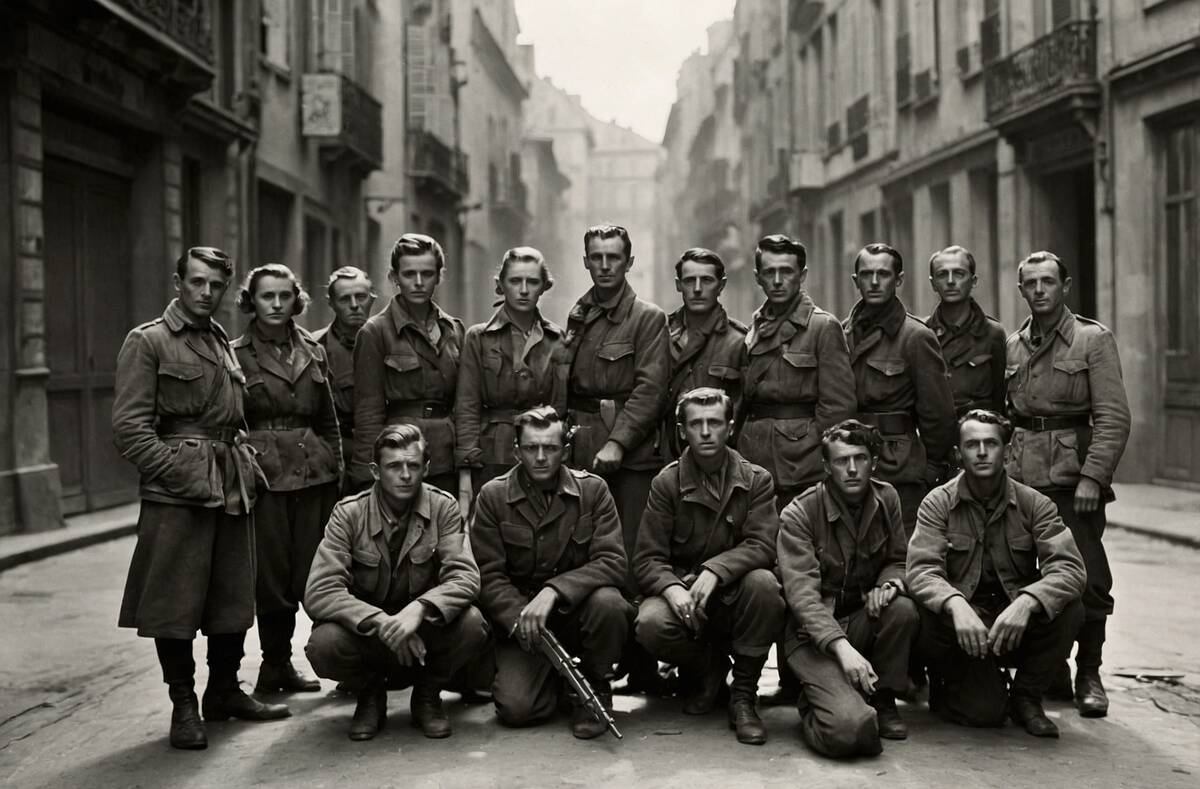
The French Resistance was a mosaic of different groups, united in their fight against Nazi occupation. Comprising communists, socialists, and conservatives, they put aside political differences to work towards a common goal. Their activities included sabotage, espionage, and aiding the escape of Allied soldiers.
This unity in diversity was a defining characteristic, underscoring the strength found in collaboration. The Resistance’s efforts were pivotal in the liberation of France, symbolizing hope and resilience. It’s estimated that between 1% and 3% of the French population participated in the resistance.
The Danish Resistance: A Nationwide Effort to Save Lives
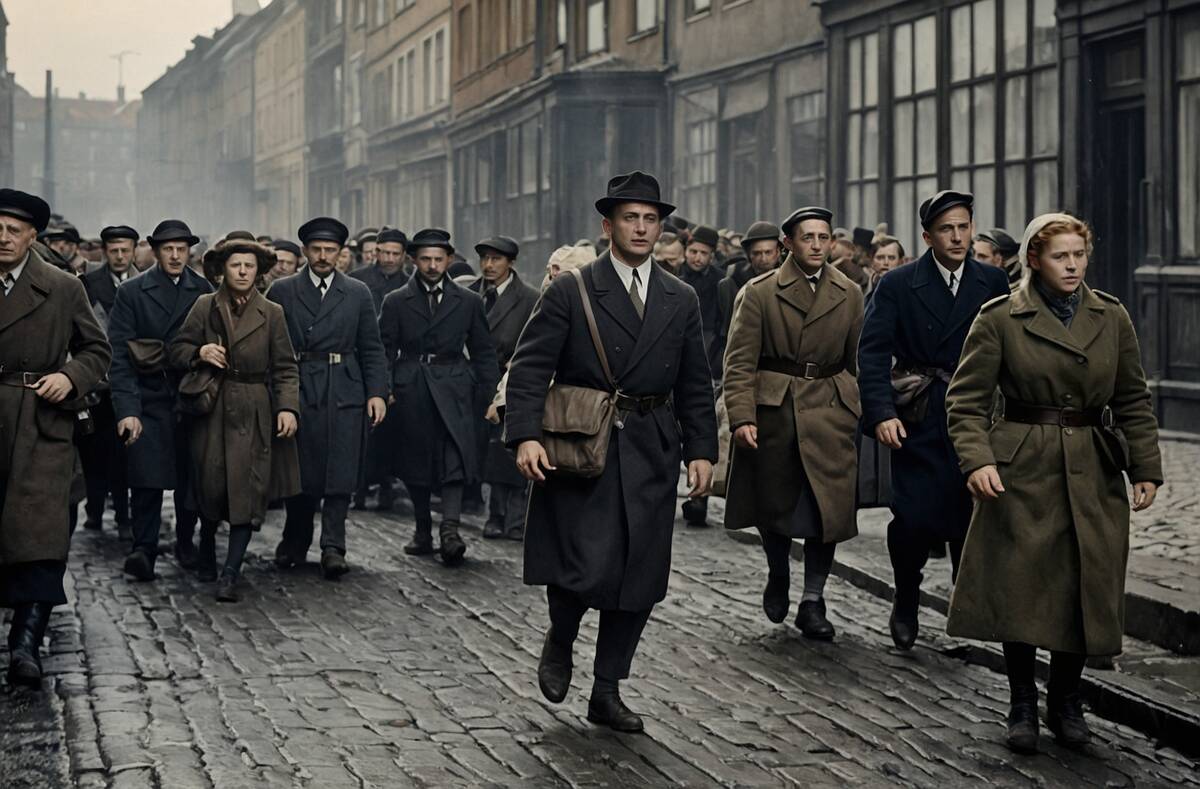
The Danish Resistance is particularly noted for its role in saving the Jewish population from deportation. In a remarkable display of national solidarity, Danish citizens organized a mass evacuation to Sweden, rescuing over 7,000 Jews.
This nationwide effort was characterized by swift action and cooperation across all levels of society. The success of the Danish Resistance is a powerful example of what can be achieved when a nation stands united against tyranny.
The Hidden Children: Families Who Sheltered Jewish Kids
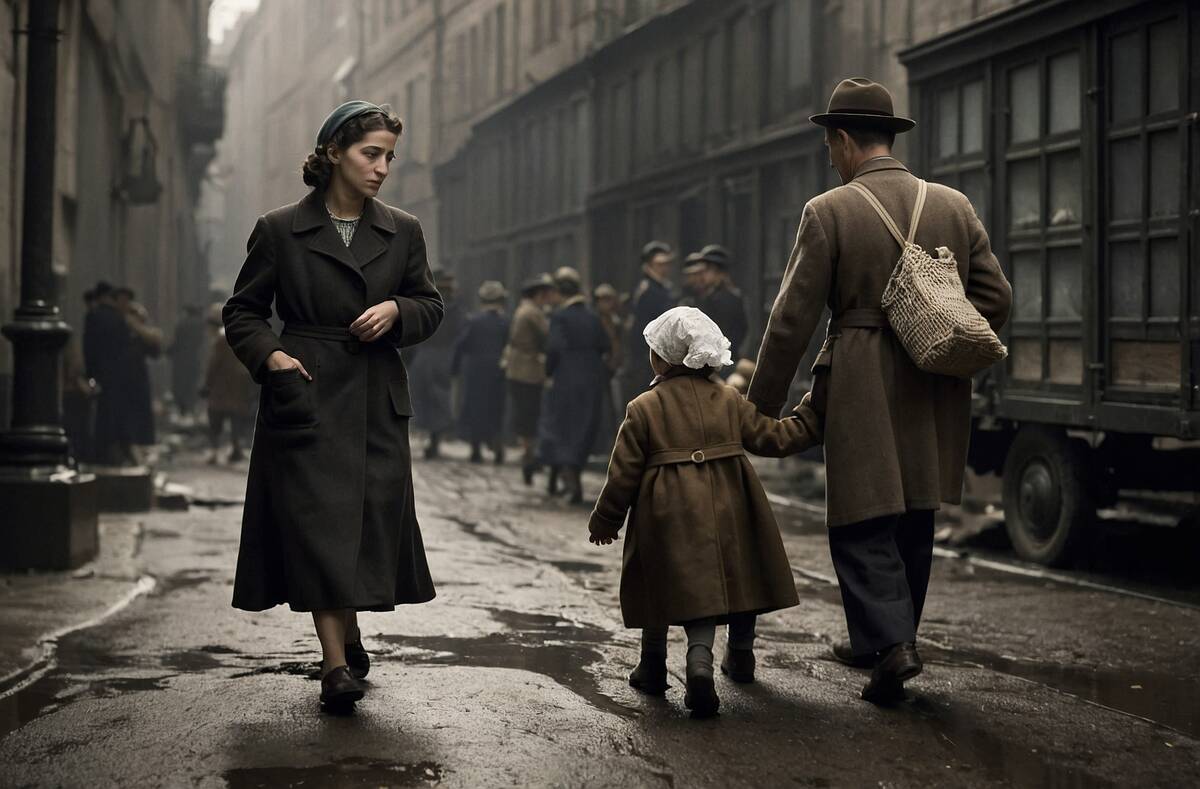
During WWII, many Jewish children survived thanks to the bravery of families who took them in and hid them from the Nazi authorities. These families, often risking their own lives, provided shelter, food, and love, helping these children maintain a sense of normalcy amidst chaos.
The bonds formed were profound and lasting, with many survivors expressing deep gratitude for their protectors. These acts of kindness highlight the extraordinary impact of individual courage and empathy.
The Polish Underground State: A Nation Within a Nation
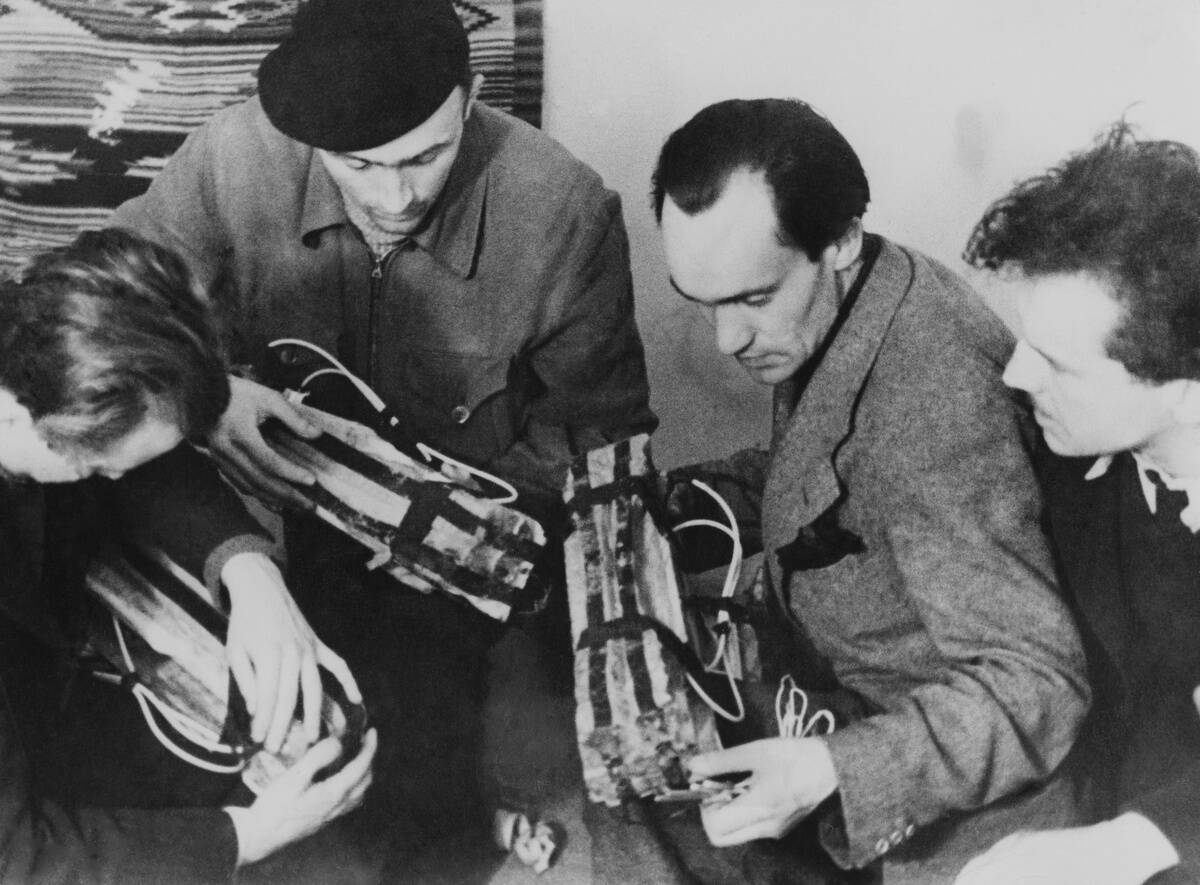
The Polish Underground State was a unique resistance organization, operating as a shadow government under Nazi occupation. It maintained its own military, judiciary, and education systems, effectively functioning as a nation within a nation.
This underground network coordinated resistance efforts, providing a framework for Polish society to continue operating independently. The resilience and ingenuity of the Polish people in maintaining their independence under such dire circumstances is a remarkable testament to their national spirit.
